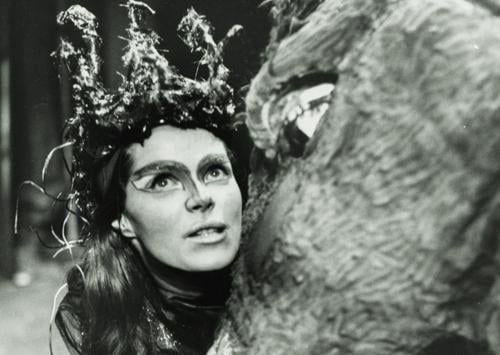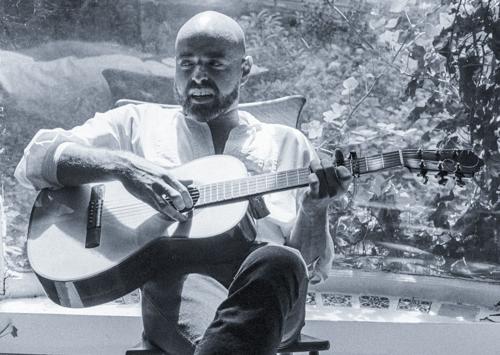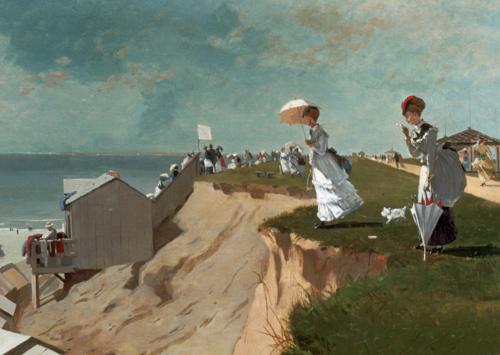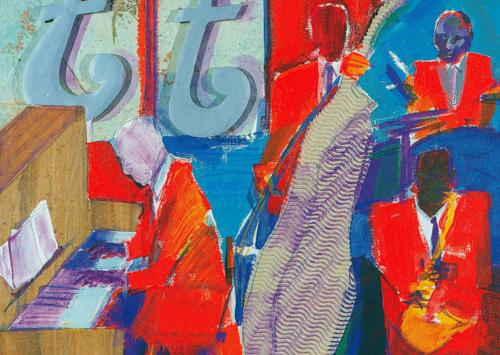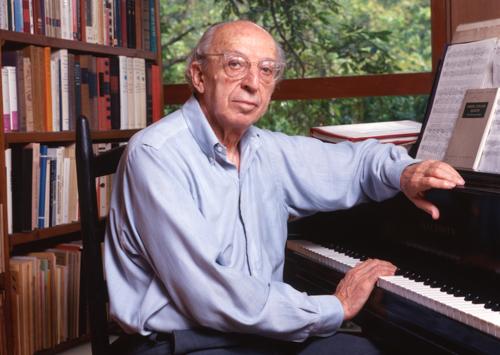Listen to New Voices on Studs Terkel our partnership with 826CHI-here! Read the Story
Showing 1 - 13 of 13 results
-
Studs Terkel dscusses the current British arts scene with Kenneth Allsop
Nov. 16, 1962 Kenneth Allsop, literary critic for the Daily Mail, BBC host of Tonight and author of "The Bootleggers and Their Era" sits down with Studs Terkel to discuss everything from the Social Realism of Arnold Wesker, Allen Sillitoe, and Shelagh Delaney known as the Backstreet Kids to the class warfare of "The Fourth of July" author David Benedictus. The two key groups of theater, the Royal Court led by George Devine and the Theater Workshop led by Joan Littlewood is also discussed.
-
Shel Silverstein discusses his books, children's literature, and art; part 2
Nov. 20, 1961 Shel Silverstein discusses his books and children's literature, and art. Shel Silverstein discusses his contemporaries, art, and life experiences.
-
Richard McLanathan discusses his book "The American Tradition in the Arts"
1969 Richard McLanathan discusses his book "The American Tradition in the Arts" and takes Studs on a sprawling journey through artistic breakthroughs in architecture, painting, literature, and more while touching on dozens of artists and their works.
-
Reading the letters of ex-convict Jimmy Blake
Jul. 11, 1962 Terkel comments and reads letters of ex-convict Jimmy Blake
-
Ralph Ellison discusses music
Jun. 18, 1992 The blues and jazz are topics covered by Ralph Ellison. Ellison himself started to play the trumpet at the age of seven. Ellison said for him, when hearing classical music, he then had to go and find classical literature.
-
Maya Angelou discusses her early life and African American culture and people
Apr. 1, 1960 Angelou discusses: her early life; her international travels; dancing; blues and jazz music; and the book "Youngblood" by John Oliver Killens. Musical selections have been removed due to copyright.
-
Maya Angelou discusses her early life and African American culture and people
Apr. 1, 1960 Angelou discusses: her early life; her international travels; dancing; blues and jazz music; and the book "Youngblood" by John Oliver Killens. In this program "In the Evening (When the Sun Goes Down)" and "Joe Turner No. 2 (Blues of 1892)" by Big Bill Broonzy, "I Ain't Gonna Pick No More Cotton" by Sam Lightnin' Hopkins is played, as well as other musical selections.
-
Discussing the book "Jazz Piano: History and Development" with Billy Taylor
Nov. 16, 1982 Studs Terkel and Billy Taylor discuss the book "Jazz Piano: History and Development". They discuss jazz musicians and the history of jazz music. Includes excerpts of drums, piano, and orchestra playing in the background.
-
Discussing the book "High Times, Hard Times" with Anita O'Day
May. 3, 1990 Program includes an excerpt of a 1975 interview with O'Day (T3024.5).
-
Aaron Copland discusses his career
Mar. 10, 1961 Aaron Copland discusses his music, his colleagues, contemporaries, musicians, and composers.


